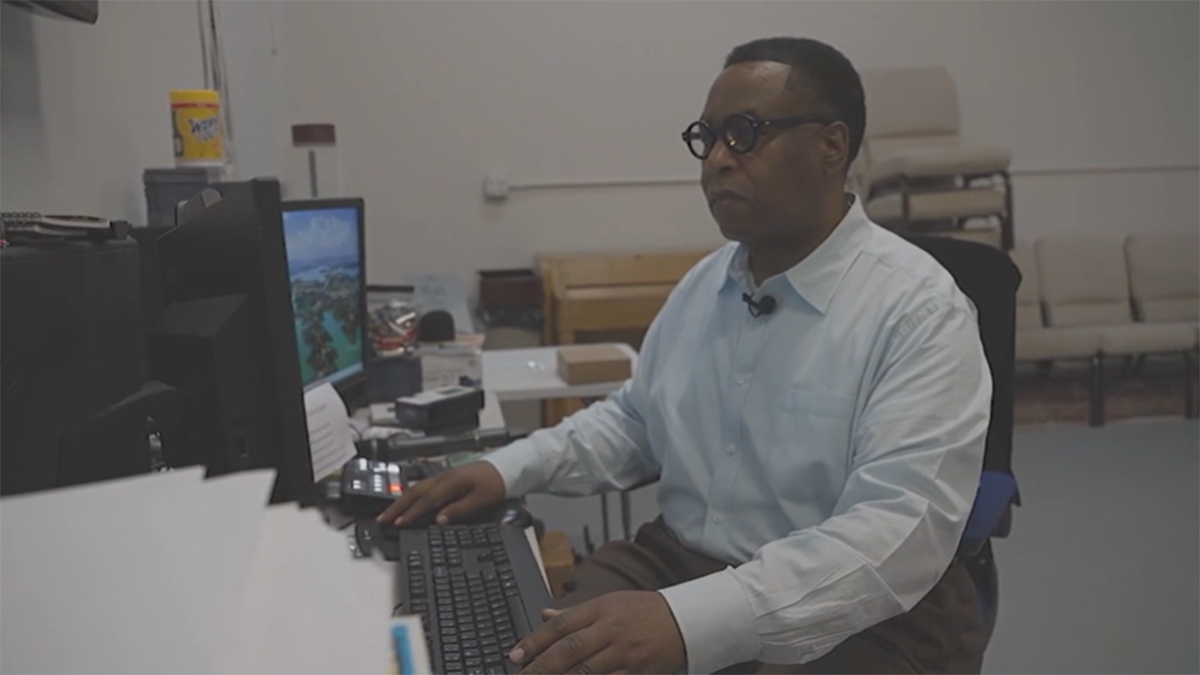NBC6’s Yaima Crespo breaks down the efforts in place to tackle so-called “junk fees” in South Florida.
For those renting a home in South Florida, it's no surprise that it's costly. High rents, large deposits, and unexpected "junk" fees quickly add to the burden.
But efforts are underway to address these issues, and there's a new Florida law that renters should be aware of.
Watch NBC6 free wherever you are
The White House is taking action against these so-called junk fees, from online rent payment costs to extra charges for services like mail and trash. A recent report cited by the White House highlighted instances where renters were charged a mysterious "January fee," prompting calls for greater transparency.
In an effort to promote this transparency, the White House is collaborating with three major housing websites, including Zillow.
Get local news you need to know to start your day with NBC 6's News Headlines newsletter.
“The partnership made perfect sense. Miami is the No. 1 metro that we've seen with the highest rent growth since before the pandemic and this tool helps renters in areas like this with a lot of renter demand better understand what the costs are going to look like," said Emily McDonald, Zillow's rental trends expert.
McDonald also hinted at more updates in the pipeline.
“Our next enhancement of this specific tool will make it so that renters can customize the data that they see and the cost of renting," McDonald said.
Responds
Responding to every consumer complaint
Following Zillow's lead, Apartments.com is set to introduce a calculator for renters to determine the full price of a unit, including all initial and ongoing costs. Meanwhile, AffordableHousing.com will require owners to specify all refundable and non-refundable fees upfront. The website will also be rolling out a "Trusted Owner" badge for owners who practice complete cost disclosure.
Florida renters should know of a new state law allowing landlords to offer a monthly fee as a replacement for a security deposit.
"Tenants should be given the choice, either pay the security deposit or pay this fee in lieu of a security deposit," said Lissie Salazar, a senior staff attorney at Legal Services of Greater Miami.
Salazar emphasized that this fee is non-refundable.
"If you don't pay your rent or the fee after agreeing to it, you could face eviction, and any outstanding debt may be reported to a credit agency," Salazar said.
For those who can afford it, Salazar recommends paying a refundable security deposit to ensure a return on the amount at the end of the lease, provided no damages or unpaid rents. If upfront payment is challenging, she advises negotiating installment payments with the landlord.



